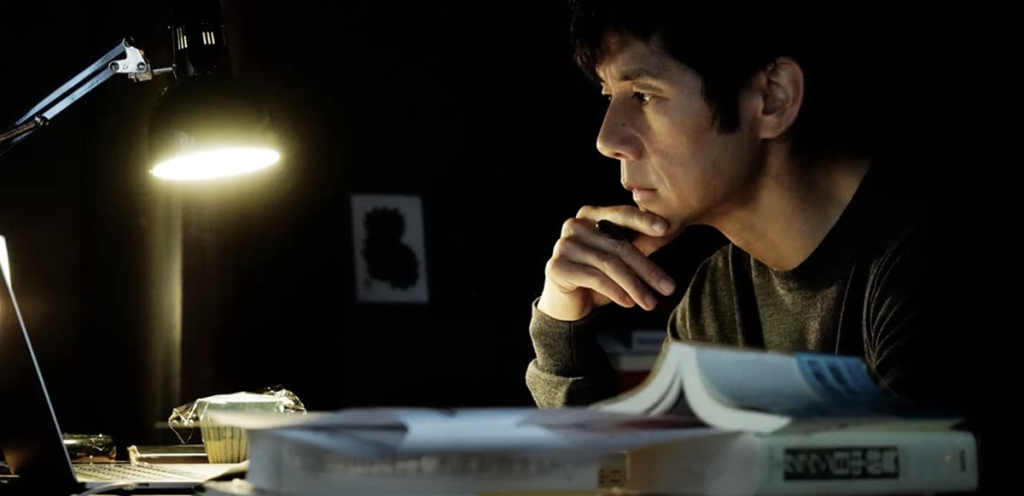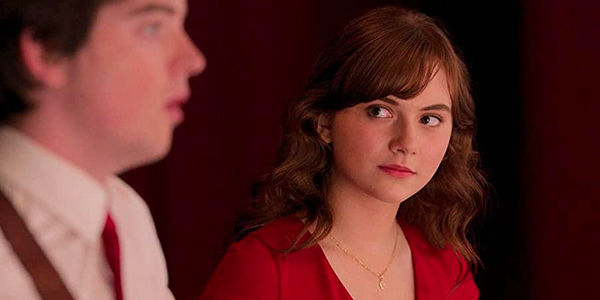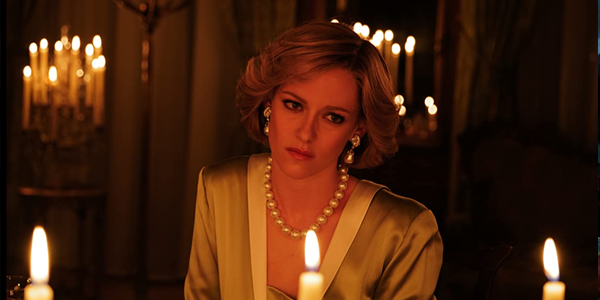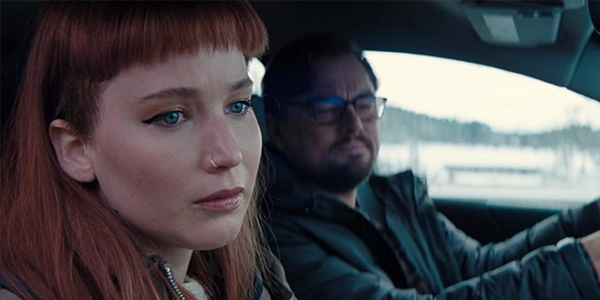
review | Drive My Car
This Oscar-nominated Japanese film is aloof, detached, chilly, and pretentious—and more than worth it in the end
by Dennis Burger
March 23, 2022
I’ve rarely felt as conflicted as I do right now, standing in front of my keyboard, trying to collect my thoughts about Ryusuke Hamaguchi’s Drive My Car. The film is, at three hours long, an exercise in not only delayed gratification but also delayed insight. It moves at the pace of a pitch drop experiment, and by the time its opening credits rolled at somewhere around the 40-minute mark, after a long and borderline impenetrable prologue, I found myself tempted to walk away from it and not look back. Indeed, I might have done so had I not been tasked with reviewing it.
The story doesn’t really start to congeal until somewhere near the 90-minute mark, at which point it stingily begins to dole out keys to locks it’s been forcing the viewer to fiddle and fumble with in frustration to that point. By the third act, its various thematic threads start to come together to form an incredibly impactful and moving meditation on pain, grief, language, art, solipsism, forgiveness, and self-reflection. And there’s some part of me that wants to return to the beginning with insights gleaned from the ending. But I’m not sure I will, if only because Drive My Car asks—nay, demands—that you give it as much or more than it gives you in return.
The film follows a man’s attempts to stage a multi-lingual stage production of Chekhov’s Uncle Vanya two years after the sudden and unexpected death of his wife, while also being forced to submit to having a driver at the insistence of the theater. And while I appreciate the simplicity of its story, I think the bulk of my hesitance comes from the fact that for most of its runtime, it comes across as aloof, detached, chilly, and more than a little pretentious. Looking back on the work as a whole, that’s sort of a necessary conceit to make the journey work, but there’s simply no denying that from moment to moment, it can feel laborious.
And the look of the film does little to help you connect with its characters, environments, or quiet drama. Captured digitally in ArriRaw at 3.4K resolution and finished in a 2K digital intermediate, the imagery seems to have been processed to a degree after leaving the camera, although it’s not the typical film-look processing you might expect. Instead, it appears as if contrasts have been turned down and black levels elevated, which results in a flatness and apparent loss of saturation, all of which combines to give the picture a foggy quality.
As of this writing, Drive My Car is only available to view in the U.S. on HBO Max, which delivers a nearly perfect presentation in HD. Given the tonal flatness of the image and the overall lack of chromaticity—really, lead character Yūsuke Kafuku’s beloved red Saab and the occasional glare of brake lights contribute more color to the film than anything else—it’s hard to imagine the picture benefiting much for an HDR grade, and there are only two minor blink-and-you’ll-miss-them instances of aliasing in the background of the image that hint at the need for higher-than-HD resolution. But only briefly. Whether they’re a consequence of the down-sampled DI or HBO Max’s encoding of the master files, I have no way of knowing. But they’re so fleeting that it feels like nitpicking to bring them up.
The film makes its way to the streaming service with its original soundtrack intact—primarily Japanese with a heaping helping of Mandarin, Korean, and English thrown in—in Dolby Digital+ 5.1. Although the surround channels are rarely employed for anything other than music, it’s a nice front-heavy mix that does a wonderful job of capturing the ambience of its environments, as well as the occasional meteorological punctuation and the droning of wheels on asphalt. Dialogue clarity is top-notch and Eiko Ishibashi’s hauntingly beautiful score is delivered with excellent fidelity. If you hadn’t guessed already, it’s not exactly home cinema demo material but you could have just as easily gathered that from the trailer.
That doesn’t mean you shouldn’t watch Drive My Car. But nor can I heartily recommend that you do watch it. That would be like me telling you to go train for a marathon, assuming you’re physically capable. Would you find it rewarding in the end? Perhaps. Would you hate my guts for a solid 16 to 20 weeks in the leadup to the final event? Probably.
At least with Drive My Car, your loathing would last a few hours at most, although it might feel like much more than that. Ultimately, though, I think my biggest source of ambivalence is that I desperately long for more films of this sort to be made. I very much want it to succeed, because I borderline need more writers and directors to make slow, contemplative, introspective films, especially ones that pay such rewarding dividends in the end. I just wish this one were an hour shorter, a little less repetitive, a lot less austere, and had more faith in its audience to connect with its themes without belaboring them half to death. Looking back on the experience of the film as a whole, I have to say I appreciate the hell out of it. But I just can’t bring myself to love it.
Dennis Burger is an avid Star Wars scholar, Tolkien fanatic, and Corvette enthusiast who somehow also manages to find time for technological passions including high-end audio, home automation, and video gaming. He lives in the armpit of Alabama with his wife Bethany and their four-legged child Bruno, a 75-pound American Staffordshire Terrier who thinks he’s a Pomeranian.
PICTURE | HBO Max delivers a nearly perfect HD presentation with only two minor blink-and-you’ll-miss-them instances of aliasing in the background of the image
SOUND | The front-heavy Dolby Digital+ 5.1 mix does a wonderful job of capturing the ambience of the environments, exhibits top-notch dialogue clarity, and delivers the hauntingly beautiful score with excellent fidelity
© 2025 Cineluxe LLC





